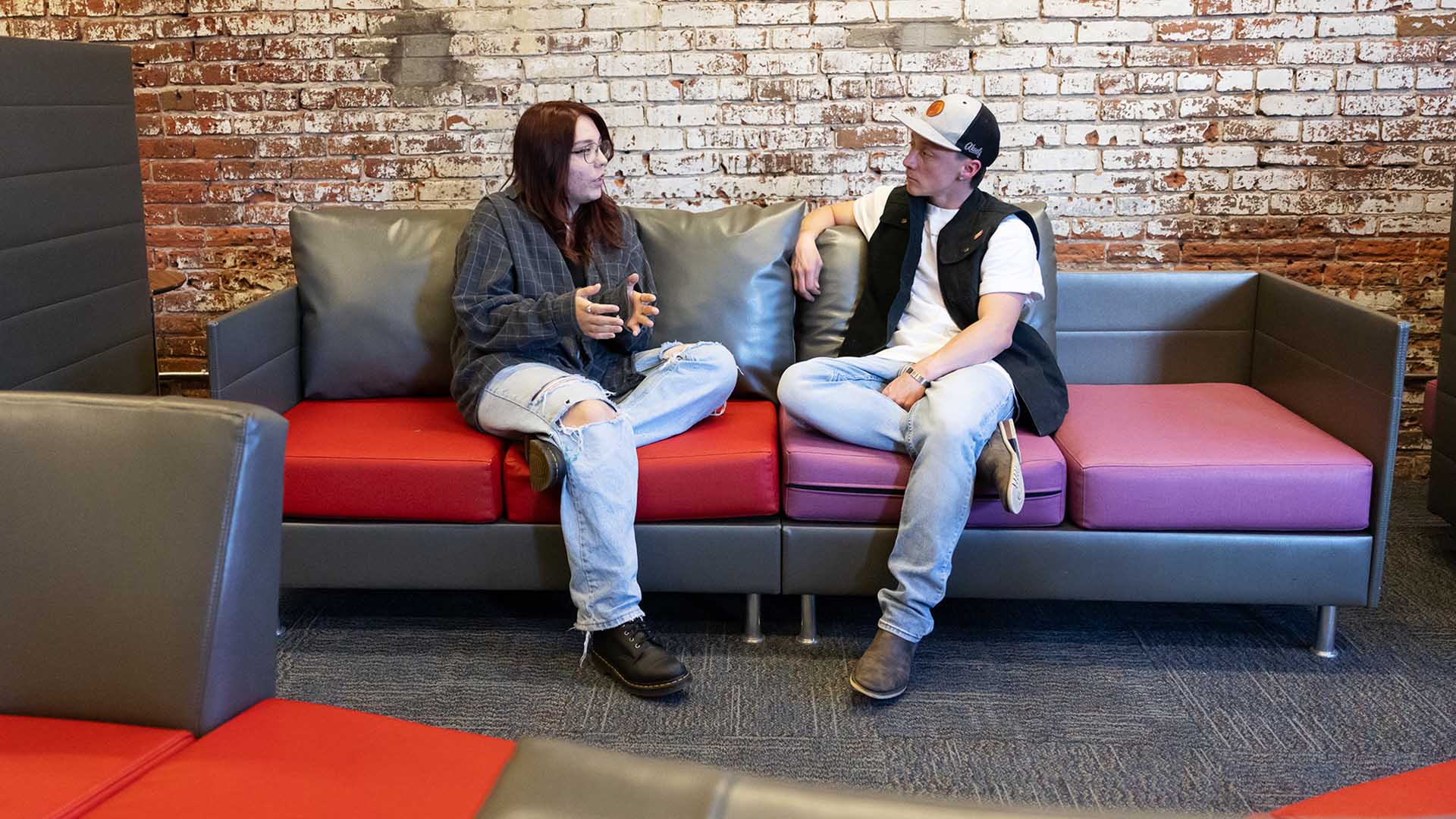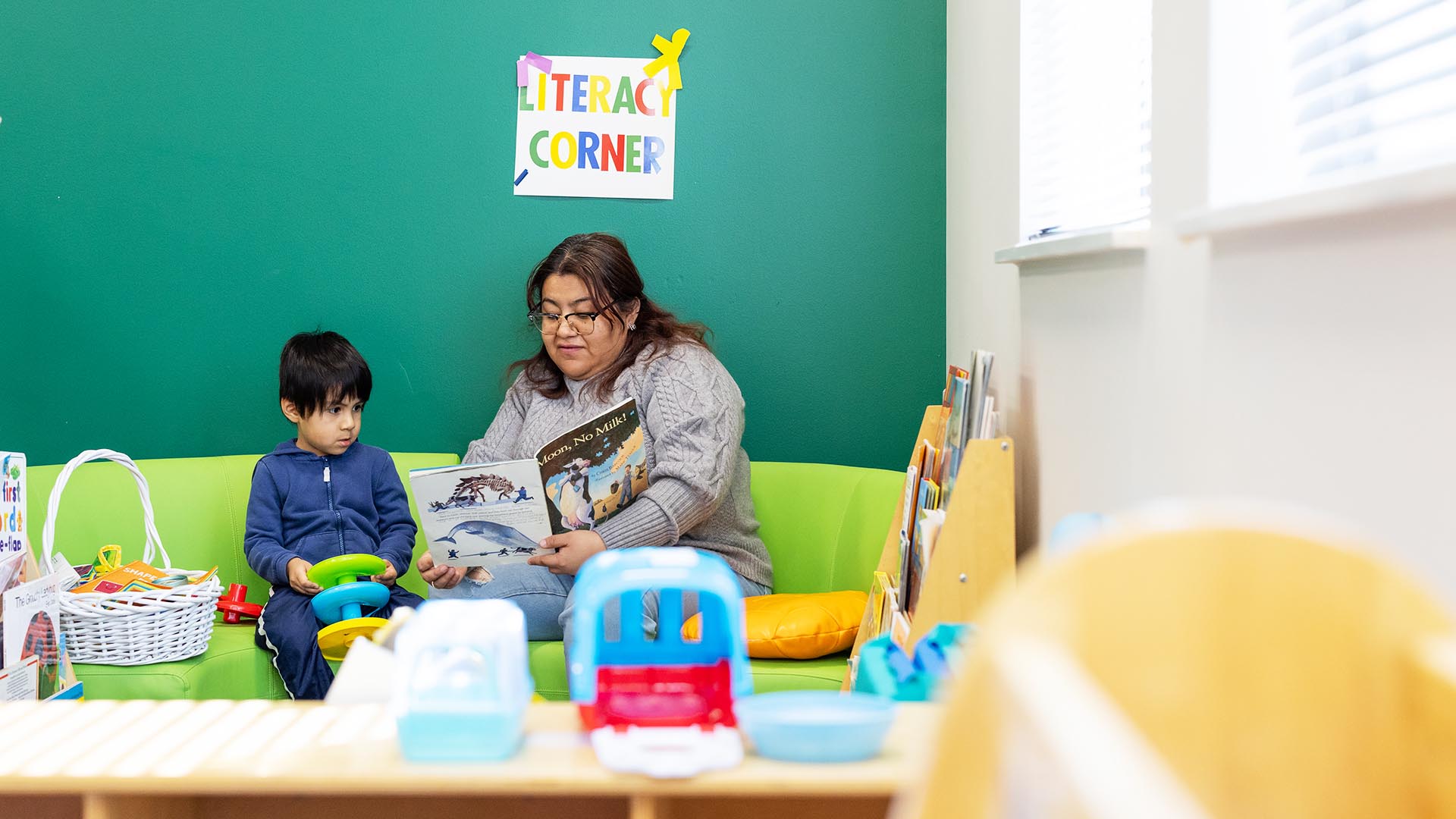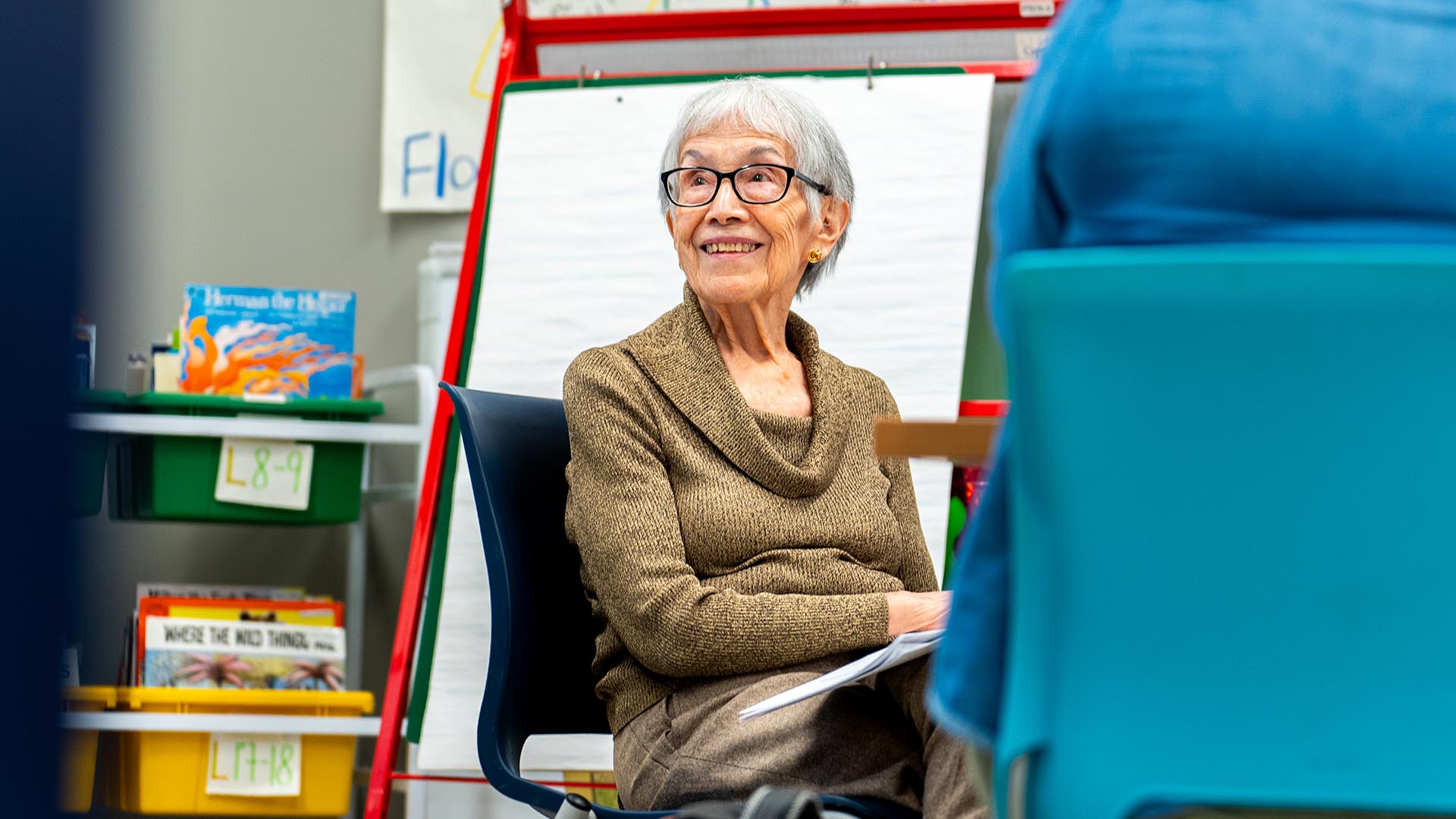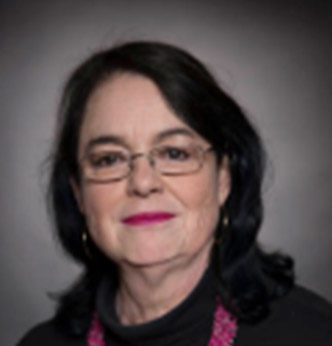CAMP provides holistic support for migrant students in need
Program helps students overcome academic, social and financial barriers.
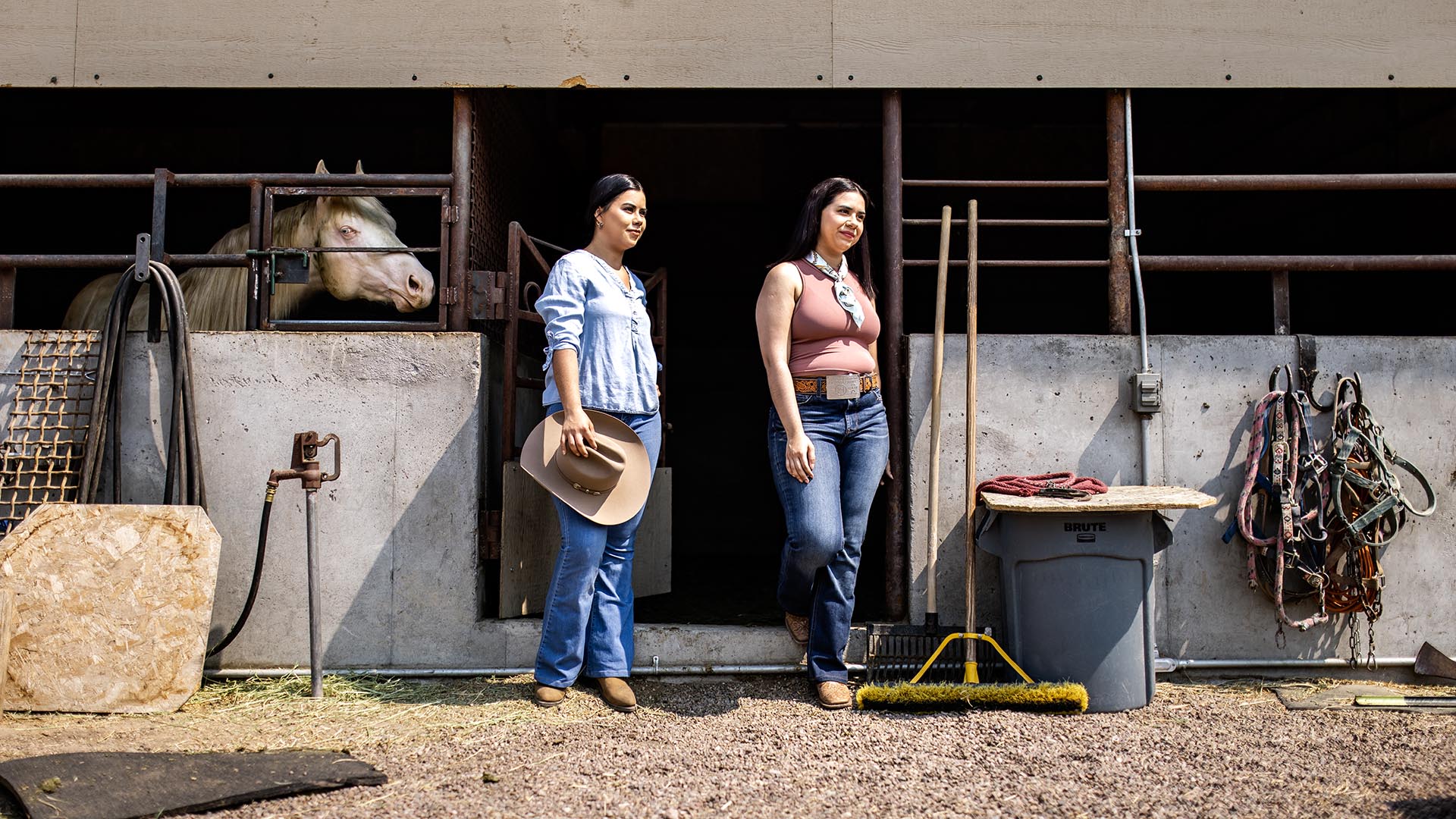
Moving to a new city is hard enough for any school-age kids, but Nora and Elisa Lobatos-Briones moved to Denver after living in Mexico for their entire lives. The sisters faced language barriers and cultural differences. Hardest of all, they had to leave behind their grandparents, who were a big part of their lives.
Nora, the older sister, was in 10th grade when the family moved to Denver to reunite with Nora and Elisa’s dad, who had come to Colorado to work. She quickly had to assimilate into English-speaking classes and felt a lot of pressure to graduate on time. Even when she finally began to understand her new language, she didn’t feel confident speaking it.
“It was really challenging because I didn’t understand anything,” Nora said. “Then when I started understanding, I wanted to express my opinion but I wasn’t able to, so it was hard.”
After persevering for the next three years, Nora graduated from high school. Then, at Metropolitan State University of Denver, she encountered the College Assistance Migrant Program. The national program, which will turn 50 this year and was implemented at MSU Denver in 1999, is designed to support migrant and seasonal farmworkers and their children as they complete their first year of college.
Nora qualified for the program because her dad worked at Rocky Mountain Natural Meat, a bison-meat processor. The idea of being surrounded by people who have similar backgrounds and cultures excited her, and she enrolled in CAMP in 2013. With some guidance, Elisa also enrolled at MSU Denver and CAMP in 2018.
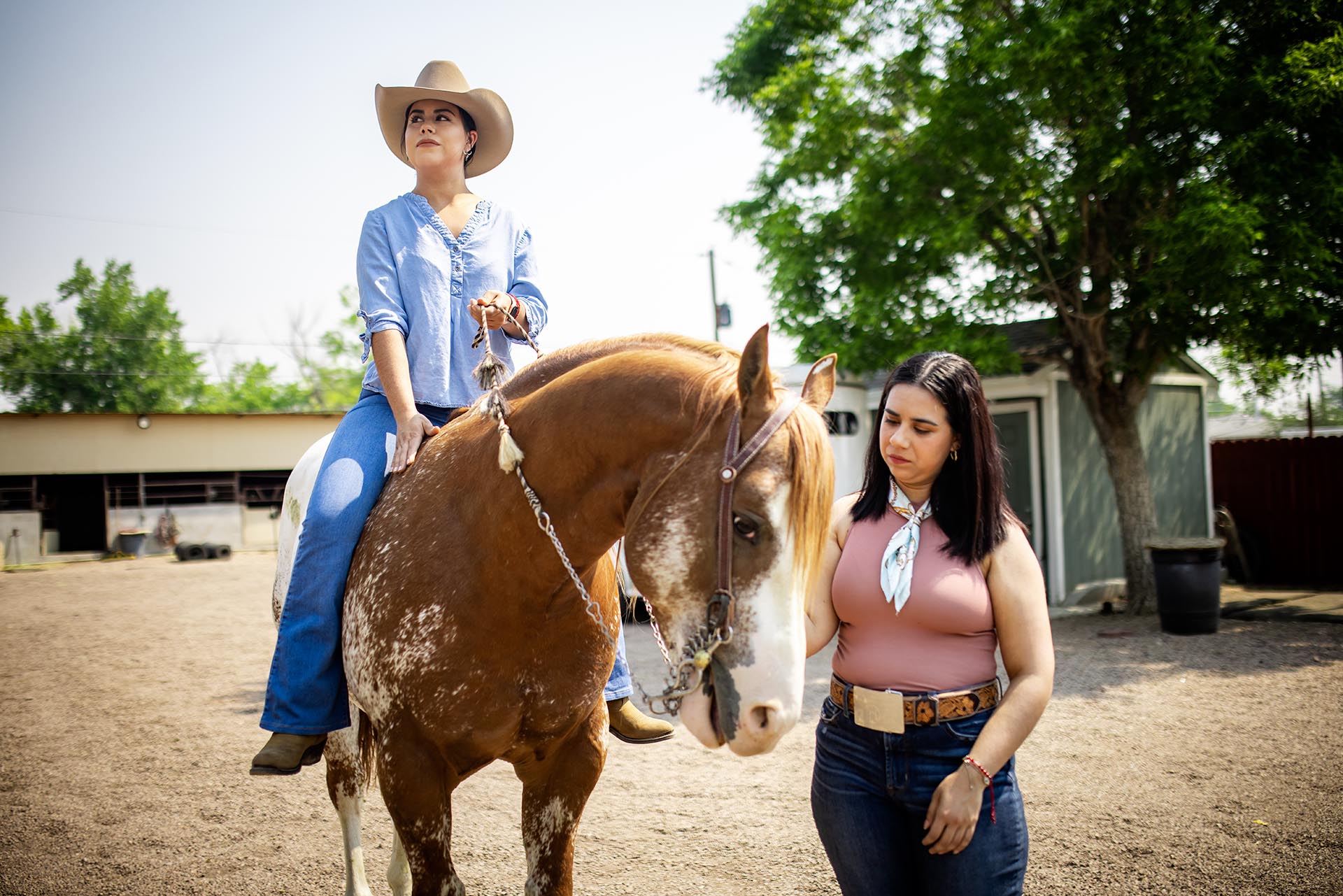
CAMP Director Evelynn Guzman de Leon says CAMP uses a holistic approach when helping 30 incoming freshmen get acquainted with college each year. Students are eligible their first year at MSU Denver if they are a migrant or seasonal farmworker or the child of one.
Many recipients are first-generation college students and need academic, financial and social support. CAMP not only offers academic resources and tutoring but gives students a one-semester scholarship, a monthly stipend and a textbook allowance while helping them find and apply for other scholarships.
In addition to financial help, the social pillar is one of CAMP’s most important components. It offers a chance for students with similar backgrounds to bond with one another and creates accountability that lasts throughout their college experience.
RELATED: Immigrant advocate takes nontraditional path to graduation
The program is designed for first-year students, who become acclimated to college after a rigorous first year, gain new scholarships and belong to a group of like-minded students with similar pasts who help motivate one another to finish their degrees. At MSU Denver, students who enroll in CAMP during their first year graduate at a rate almost twice that of their peers.
“Students learn self-advocacy through participating in CAMP, which helps them succeed beyond their first year,” Guzman de Leon said. “We connect them with other resources, and a lot of our students end up being scholars in programs such as Reisher (a scholarship program through the Denver Foundation) or (MSU Denver’s) TRIO, student employees and more. We connect them in different ways because we know that student engagement is going to be beneficial for them.”
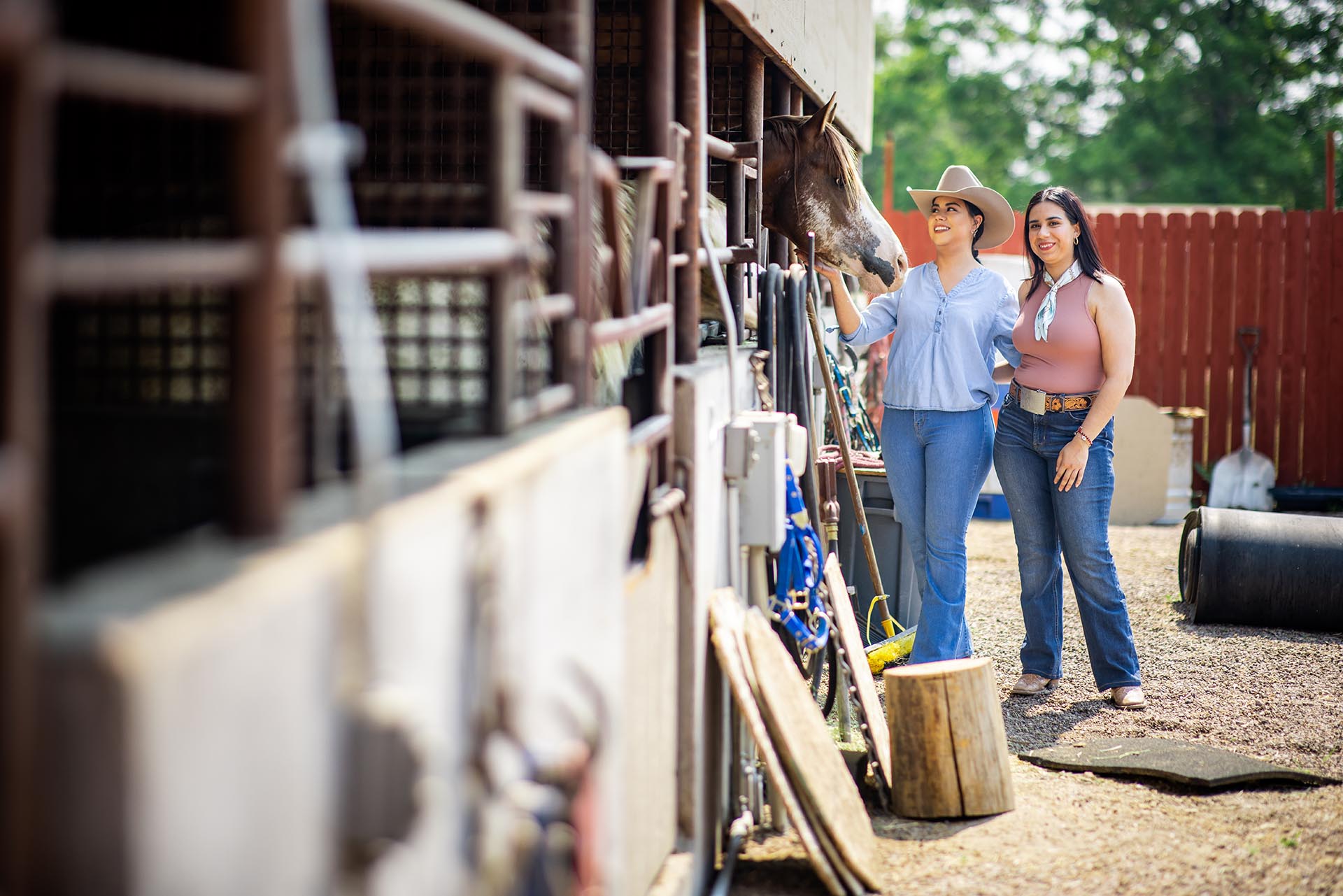
Now, the Lobatos-Briones sisters are Roadrunner alumnae. Nora earned her bachelor’s degree in Education with a focus in Modern Language in 2020 and is a Spanish teacher at North High School in Denver Public Schools. Elisa earned her bachelor’s degree in Journalism and Media Production this year while also working as the Spanish editor for the Metropolitan. Elisa also minored in Spanish and has a translation certificate.
RELATED: From migrant work to master’s degree
They agreed that CAMP was instrumental in helping them finish their degrees but for different reasons. For Nora, it was being able to immerse herself in her native culture with other students who shared a common goal.
“(CAMP) offered me a connection with my culture and my language,” Nora said. “I felt insecure speaking or making friends that only spoke English. A lot of (CAMP participants) spoke Spanish and would share their experiences and what their families have gone through. And I still have a connection with most of them.”
Elisa, who was also a CAMP mentor, says what helped her finish were all the small things that CAMP provides such as time management, study sessions and even helping craft an email to a professor.
“It’s a very well-organized program that really puts the students on a track so that one day, out of the program, they know what to do,” Elisa said. “You can ask anyone in CAMP for anything, and they’ll say, ‘Hey, I’ll help you.’”


